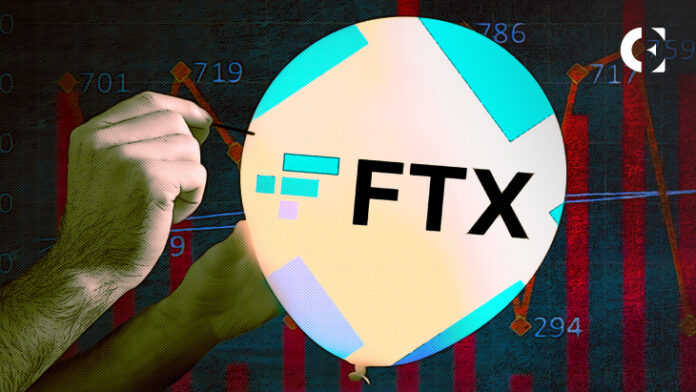- Sunil Kavuri criticizes FTX’s compensation plan for severely undervaluing customer claims.
- FTX customers will potentially lose $10 billion with the proposed plan.
- The plan includes clauses shielding the firm from lawsuits, which may lead to claim forfeitures if checks are not cashed in time.
Creditor activist Sunil Kavuri has voiced strong opposition to the proposed plan of FTX to compensate the defrauded customers of the fallen crypto exchange. Kavur took to X to outline his concerns and encourage a collective “NO” vote against the plan. For context, FTX creditors stand to lose over $10 billion should the proposed plan pass.
The activist highlighted the proposed repayment structure severely undervalues the claims of FTX customers. Specifically, the plan suggests paying out claims with an 18% return for those under $50,000 and a staggered 25% to 47% for claims over $50,000.
Notably, this gross undervaluation arises because FTX is seeking to pay defrauded customers the monetary value of their assets as of the bankruptcy filing rather than the actual crypto assets. Illustratively, Bitcoin traded around $16K when FTX went bankrupt in November 2022 but has since reached $73,750 in 2024.
Notably, this plan was drafted by the law firm Sullivan & Cromwell (S&C). Kavuri insists that S&C and the debtors owe customers the current value of their holdings, which could be three to ten times the petition prices. The FTX creditor activist argued that S&C is destroying an estimated $10 billion value of defrauded users with the plan.
Meanwhile, Kavuri highlighted that the law firm included an exculpation clause that would effectively shield the firm and other parties from lawsuits related to misconduct. Essentially, the law firm is seeking to absolve key players from legal responsibility that may arise from the plan.
Furthermore, the activist pointed out a clause that could lead to the forfeiture of claims if the issued checks are not cashed within a six-month window. This stipulation could disenfranchise creditors who may not cash their checks promptly.
Ultimately, Kavuri asserts that each defendant should be held liable for the full current value of FTX customers’ losses rather than the reduced figures proposed in the plan. Meanwhile, some commentators have suggested that voting against this plan may cost creditors an additional two years of waiting before getting their funds.
Disclaimer: The information presented in this article is for informational and educational purposes only. The article does not constitute financial advice or advice of any kind. Coin Edition is not responsible for any losses incurred as a result of the utilization of content, products, or services mentioned. Readers are advised to exercise caution before taking any action related to the company.










